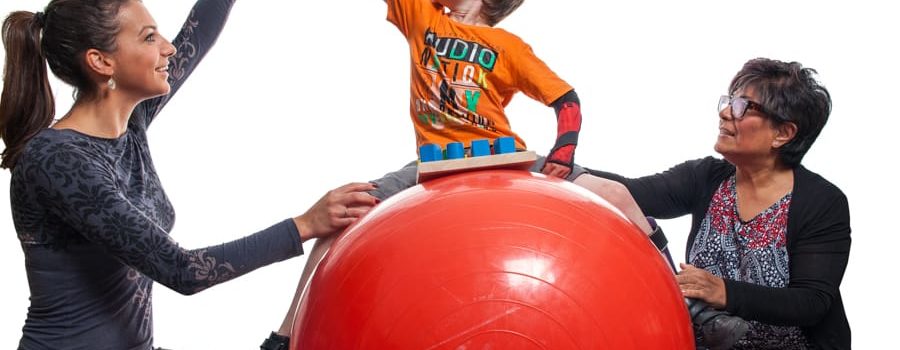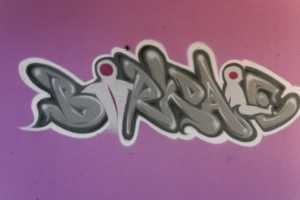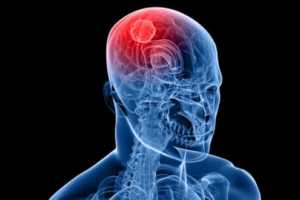Treating Neuro Conditions in Children does not take place in isolation, everyone in the family is involved!
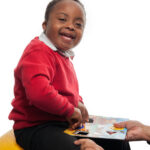 A child with any neurological deficit experiences sensory i.e. visual, auditory, smell and language difficulty as well as motor deficit, balance and co-ordination. Finally and most importantly, for the treatment to be successful, the child and the family need to feel emotionally safe. The child learns through fun and imaginative games and it is vital to incorporate the fun games in to daily living.
A child with any neurological deficit experiences sensory i.e. visual, auditory, smell and language difficulty as well as motor deficit, balance and co-ordination. Finally and most importantly, for the treatment to be successful, the child and the family need to feel emotionally safe. The child learns through fun and imaginative games and it is vital to incorporate the fun games in to daily living.
Postural awareness is the key to initiating movements and normal sensations. At Birkdale Neuro Rehab Centre we use a simple air cushion to achieve correct head and trunk reactions. Air cushion can be used at home and easily achieve the same success. The peanut balls are used to facilitate the ocular motor skills, they are fun to use and emulating the movements achieved in the session is easy.
Before a course of treatment is decided upon a two hour assessment is carried out.
The assessment focuses on the following: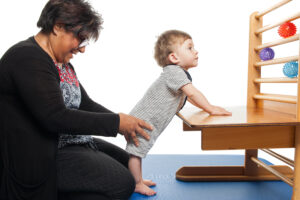
- Pattern of movement, in lying, sitting and standing and walking; testing muscular apparatuses for length and activity; testing visual, auditory and sense of smell.
- Testing static and dynamic balance,
- Visual spatial processing
Treatment is based on our findings. However it is planned in conjunction with the family and the child and is carried out through games as children respond better to learning through fun activities.
Parents and sibling are involved in the games so that they can learn to use the language and attitude with which the games are played and use opportunities at home to practice.
The spirit of fun and exploration will enable the children in overcoming their fear and anxiety of what they find a challenge and resist in carrying out. The element of fun encourages them to explore and achieve and be creative and gradually move toward a near normal pattern of movements. This will gradually improve their confidence and self-esteem and move on from identifying themselves with their disability to who they are.

